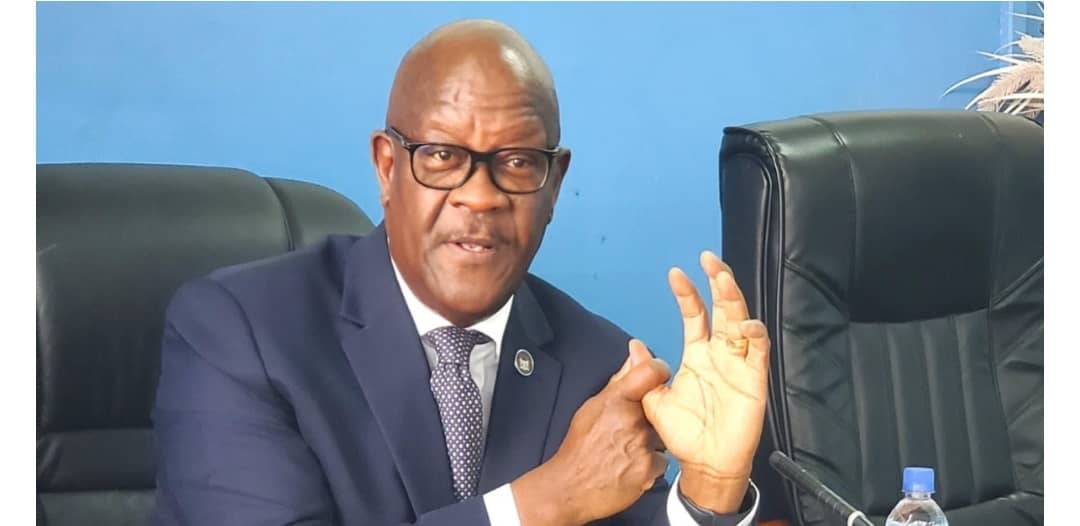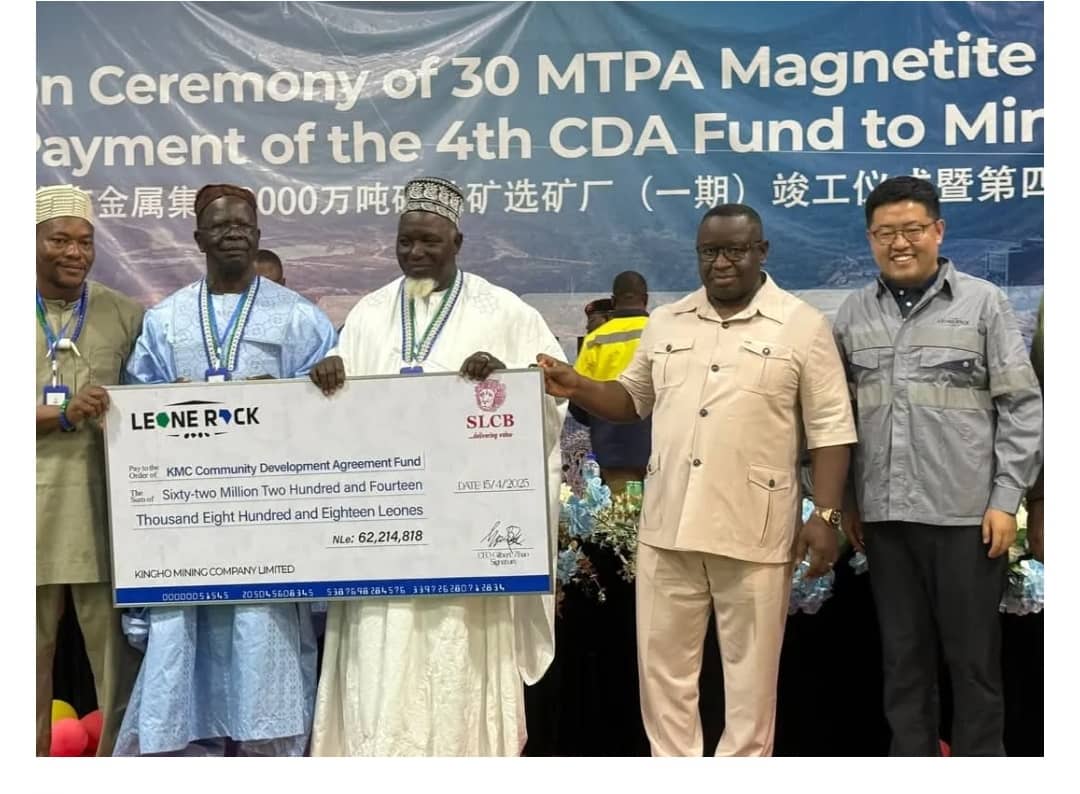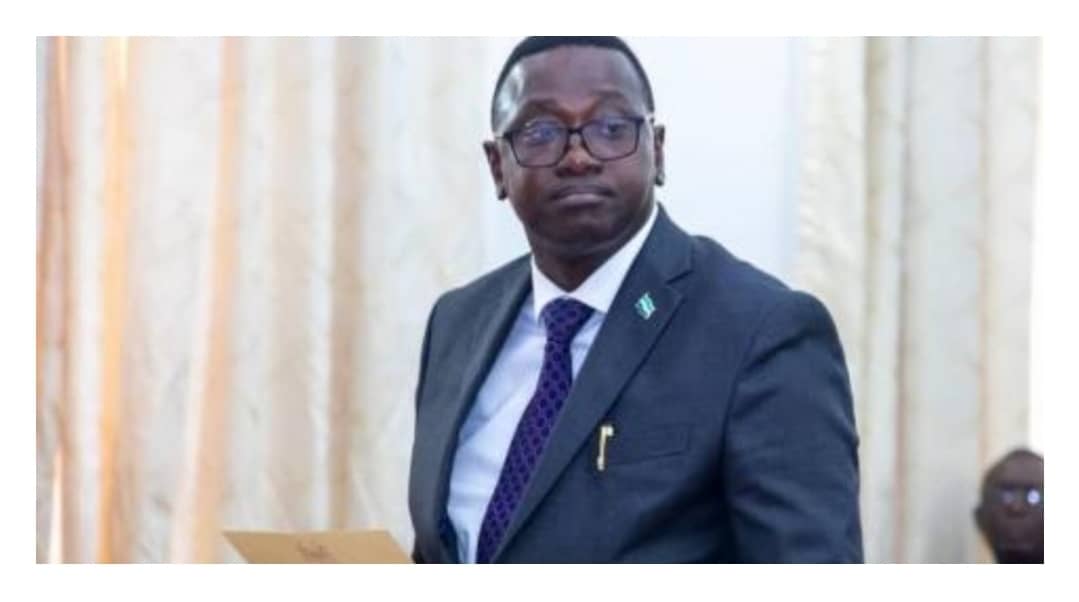By: Saidu Jalloh
In a crucial gathering at the Miatta Conference Hall in the Youyi Building, Sierra Leone’s Minister of Health, Dr. Austin Demby, addressed escalating tensions between the government and the nation’s doctors amid ongoing strikes that threaten the healthcare system.
Dr. Demby sought to reassure healthcare professionals and the public of the government’s commitment to resolving the crisis. He pledged that the Ministry of Health, in collaboration with the government, is dedicated to improving doctors’ working conditions. This includes the allocation of essential resources, such as fuel and critical supplies, to ensure healthcare workers are equipped to perform their duties effectively. He emphasized that these efforts are part of a broader strategy to strengthen the health sector.
The strikes, which began on Wednesday, October 23, were launched by public sector doctors in response to long-standing demands for improved salaries and working conditions, particularly regarding fuel allocations. Many doctors report being owed fuel allocations for several months, with some waiting up to six months for their quota. In a letter dated October 3, the Medical and Dental Association issued a strike notice to the Permanent Secretary of the Ministry of Health, effective after a 21-working-day warning period that expired yesterday.
Dr. Demby expressed concern over the potential impact of the strike, warning that continued industrial action could lead to devastating consequences, including increased mortality rates due to delayed or unavailable medical care. He urged doctors to consider the broader implications of their actions, stressing the need for uninterrupted healthcare services to protect Sierra Leonean lives.
In an effort to ease tensions, Dr. Demby committed to engaging in constructive dialogue with the striking doctors, emphasizing his intention to work towards a peaceful resolution that addresses their grievances while ensuring the stability of the healthcare system. He asserted that the government has provided fuel to all verifiable doctors for the first and second quarters and is in the process of finalizing the third-quarter allocations.
While acknowledging that the doctors’ demands are legitimate, Dr. Demby stated that the government has fulfilled its obligations as best as possible, given the state’s competing financial needs. The doctors are advocating for their weekly fuel entitlement of 45 liters to be disbursed alongside their monthly salaries, which they argue would provide greater reliability. However, the government has dismissed this request, citing potential adverse effects on taxation and other public sector workers.
Dr. Demby’s remarks are seen as a significant step toward bridging the gap between healthcare workers and the government, with hopes of preventing further disruptions to the public health system.





